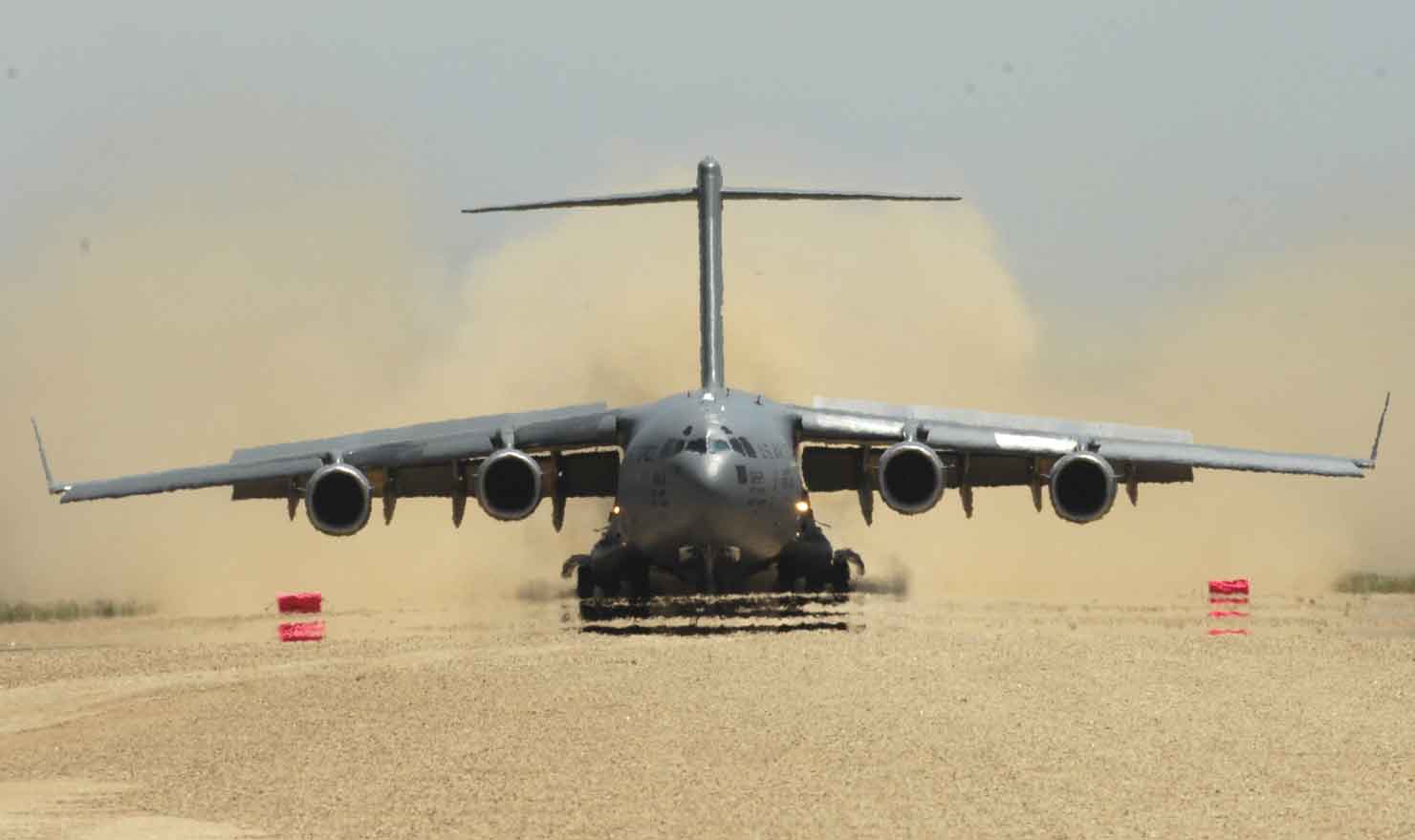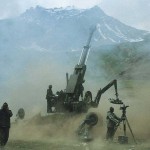The United Nations general assembly has approved the arms trade treaty on April 2, causing India some discomfiture. India participated actively in the negotiations but could not endorse the final text because it lacks clarity, fails to balance the rights and obligations of both exporting and importing countries, protects specific interests, and is difficult to implement.
Its scope is vast, covering arms transfers in general, including licit ones, and that is where its intent becomes unclear.
The ATT’s declared objective of preventing and eradicating the illicit trade in conventional arms because of the consequences of such trade for civilians is a worthy one. The treaty is not limited, however, to trade in assault rifles, light machine guns, rocket propelled grenades and so on — weapons that are causing mayhem in many countries. Its scope is vast, covering arms transfers in general, including licit ones, and that is where its intent becomes unclear. It applies to tanks, armoured combat vehicles, large calibre artillery, combat aircraft, attack helicopters, warships, missiles and missile launchers as well as small arms and light weapons. Barring the last, the other advanced items are handled officially by governments, not gun runners and unauthorized arms dealers. The dimension of the illicit trade in them is not clear.
Export, import, transit, trans-shipment and brokering are covered by the treaty, which means the entire chain of transfer. However, the international movement of conventional arms by, or on behalf of, a state party for its use provided that the arms remain under its ownership, is not covered. This provision presumably covers stockpiling of arms in various countries by certain powers so that time is gained in a military build-up for armed action. They would want such information to be kept secret. India has decried such behind-the-scene protection of exclusive interests of a select few countries
Will China be expected to keep a record of supplies from sources in Yunnan of light weapons to rebels in our Northeast through Myanmar and keep the secretariat informed?
The treaty requires countries to maintain a transparent national control system, including a national control list, to regulate the export of ammunition/munitions fired, launched or delivered by all the conventional arms covered by the treaty. Detailed national records of export authorizations shall be kept for a minimum of 10 years and annual reports submitted to the treaty’s secretariat. It is doubtful if this elaborate provision will be complied with by suspect countries. Will China be expected to keep a record of supplies from sources in Yunnan of light weapons to rebels in our Northeast through Myanmar and keep the secretariat informed?
The treaty prohibits authorization of arms transfers intended for the commission of genocide, crimes against humanity or war crimes. The application of this unexceptionable provision to specific cases will be highly contested politically. For instance, for the West the supply of advanced weaponry to the Syrian government enables it to commit such crimes. Russia would argue that such arms transfers to a legitimate government are licit and that it is the illegal arms transfers by the Western and Gulf countries to insurgents that are responsible for the spiralling violence on the ground.
Which country openly transfers tanks, combat aircraft, warships and so on to governments intent on committing such horrific crimes?
Which country openly transfers tanks, combat aircraft, warships and so on to governments intent on committing such horrific crimes? Even instances of such supplies to rebel bands on uncontrolled rampage do not readily come to mind. The maintenance of such advanced weaponry requires State support. Such weaponry is actually exported by a handful of countries, with “rogue states” having little capacity to do so. That the Sudanese government has committed atrocities in Darfur and unspeakable violence has occurred in some African countries is unrelated to the comprehensive regulation of arms transfers even for legitimate State purposes envisaged by the treaty.
India would question the treaty provision that requires the exporting country to assess whether arms transfers would contribute to or undermine peace and security. This gives the exporting country the legal cover to make unilateral judgments on the political climate in a certain region and take decisions depending on the state of its relations with individual countries and its larger geopolitical interests. The other clause about the possibility of arms transfers being used to commit or facilitate a serious violation of international humanitarian or human rights law also gives one-sided discretion to exporting countries to deny certain kinds of equipment. India has experienced this, after being shown human rights grounds, with regard to equipment for use against infiltrators into Jammu and Kashmir.
It has implications in terms of political intervention in disputes between countries for larger geopolitical objectives — as in the case of India-Pakistan nuclear and conventional CBMs discreetly pushed by the United States of America.
There is a clause that the exporting party shall also consider whether confidence-building measures or jointly developed programmes between exporting and importing states to mitigate such risks could be undertaken. It has implications in terms of political intervention in disputes between countries for larger geopolitical objectives — as in the case of India-Pakistan nuclear and conventional CBMs discreetly pushed by the United States of America. While our relations with the US have greatly improved, the longer-term implications of such provisions need attention. The treaty provision, that if after authorization an exporting state becomes aware of new relevant information it can reassess the authorization, is problematic as it gives a unilateral right to the exporter at the importer’s expense. Finally, we have seen that Western countries always argue that their arms transfers contribute to peace and security whereas those by Russia are destabilizing and disruptive.
India’s foremost concern is about the illicit use of conventional arms by terrorists and other unlawful non-State actors. The treaty is weak on these and India’s concerns, in spite of strong diplomatic efforts with the US and the United Kingdom, find no mention in the text’s specific prohibitions. India has also rightly objected to the treaty being used as an instrument by exporting states to take unilateral force majeure measures against importing states without cost. It has pointed to the fundamental imbalance in the text that tilts the weight of obligations against importing states. It intends to take measures to ensure that the treaty does not affect the stability and predictability of defence cooperation agreements and contracts entered into by India. One way would be to introduce a relevant clause in our defence procurement policy that would oblige participating countries and companies to agree to the non-application of the ATT to defence deals with India.
India’s specific reservations apart, the treaty seems over-ambitious, given the fractures in the international system and lack of agreement on the core principles that should govern it. The kind of comprehensive and transparent cooperation that it envisages seems hardly feasible at present. The irony is that principal arms exporters, like the US and UK, are the prime movers of the ATT; their intention would be less to create obstacles for themselves than to have an instrument to politically impede arms transfers by Russia and China.
India abstained in the UNGA vote. So did Russia and China, but Brazil and South Africa voted in favour because of strong pressures from Latin American and African countries. Indonesia also abstained, but India could not mobilize non-aligned movement countries behind its concerns. France voted for, given the European Union’s position, but strongly backed Indian concerns in negotiations; India is upset with the UK’s unhelpful posture. India’s discomfiture flows from our failure to develop an adequate indigenous defence manufacturing capability, which has given us the dubious distinction of being the world’s largest importer of arms.





